Based on materials from gsmarena.com
What is most important in our smartphone? The ability to have your favorite set of services and applications, or a certain combination of technical characteristics? The authors of the gsmarena resource express opposite opinions in this small article.
Opinion one: the ecosystem defines the user experience
Let's start with a straightforward statement: the ecosystem is built to improve the user experience, and in most cases it does the job. As Steve Jobs often said in his later years, “If Henry Ford asked his contemporaries what they wanted, they would answer: a faster horse. But he created a revolution. ' This saying is still relevant to this day. Ask most people what they want in a smartphone, and they'll say 'wider display', 'more megapixels', 'bigger battery'. And this is where they are mistaken
Smartphones provide a great everyday experience – giving you access to email, news, friends, entertainment, wherever you are. And it seems illogical to switch to another device and change the ecosystem simply because one or two functions are better implemented somewhere.
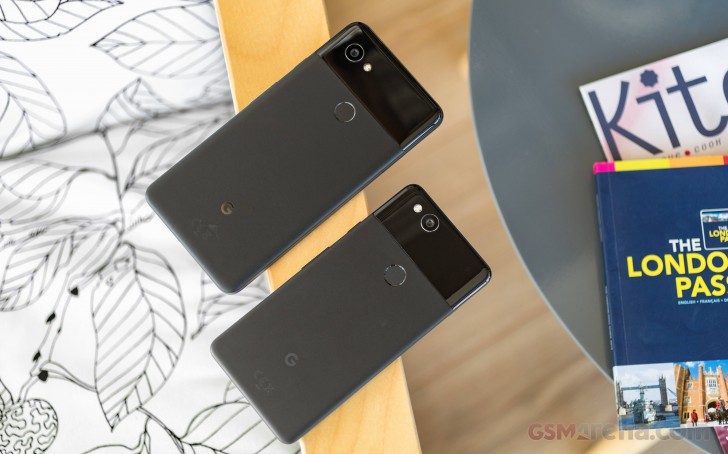
Of course, perhaps the alternative will allow you to get more out of the device. But have you ever wondered how long it will take to sync between two completely different platforms? Perhaps the camera of the proposed new smartphone has more megapixels, but you will not start to understand the new interface right away, which means it will take time before you realize the maximum potential of the camera. Switching to new devices one by one can be a very tedious and tedious endeavor.
Let's take a look at an example. Let's say you prefer Google's approach. All your files are in Google Drive, your notes are in Keep, and you use the Trips app when traveling abroad. Google Maps tracks your correspondence and automatically adds reserved locations to geographic locations for easy access. You can go on, but you get the idea.
Now, let's say you don't like the Google Pixel 2's looks, or the location of the fingerprint sensor, or the lack of a 3.5mm jack. And the use of a smartphone not from Google in this context adds unnecessary hassle, because many services are duplicated.
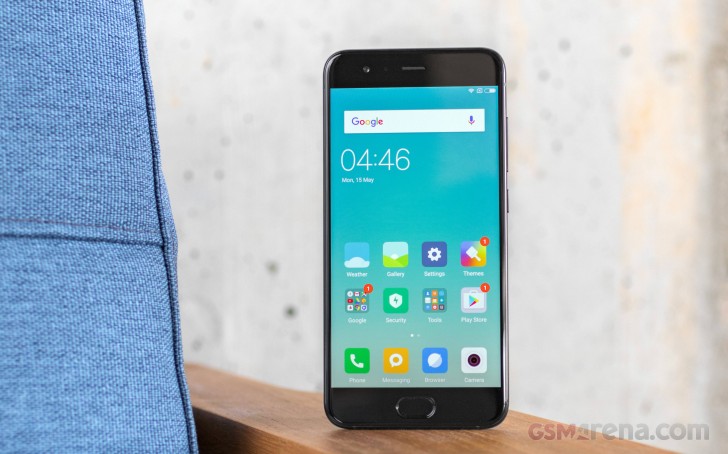
This may sound like a fan's words, but in reality it is just practicality. It looks like we have yet to see a flawless ecosystem. Google has a disgusting social network and smartphones that are very controversial in terms of reliability. Apple is sinning by removing basic functions like controlling notifications, and is also very aggressively trying to keep you on its short iHead. Huawei has not yet managed to create an ecosystem that does not resemble a garbage dump. Bixby might be a good solution, but Samsung's machine learning is just awful.
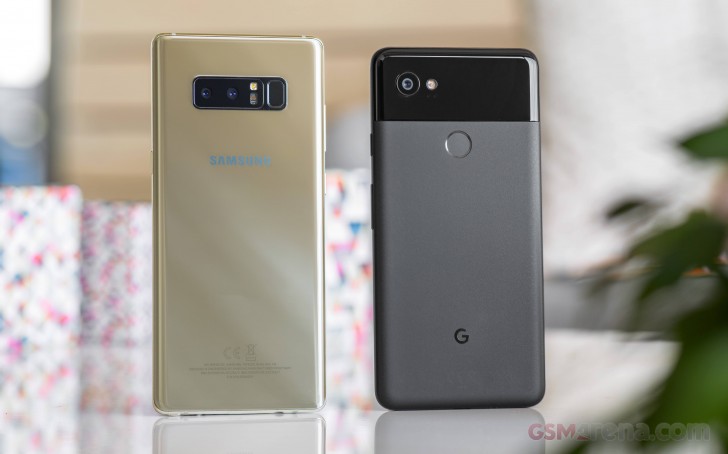
There is simply no perfect solution to what an ecosystem should be for one reason: all users are different. However, when you find the option that works best for you, and it is available for use on decent smartphones, you have no reason to start an epic move to something new.
Second opinion: 'iron' rules
There is a certain category of smartphone users who are in constant search. Several months with one device – and they are already starting to look around. For example, it might be work-related, but that doesn't mean it's not fun to constantly try new things. For six months, the same hands can visit, for example, iPhone 7 Plus, Galaxy Note8, Pixel 2 XL, LG V30, Nokia 8, Galaxy S8 + and iPhone X – and in this case, the transition from device to device and from ecosystem to ecosystem is completely painless.
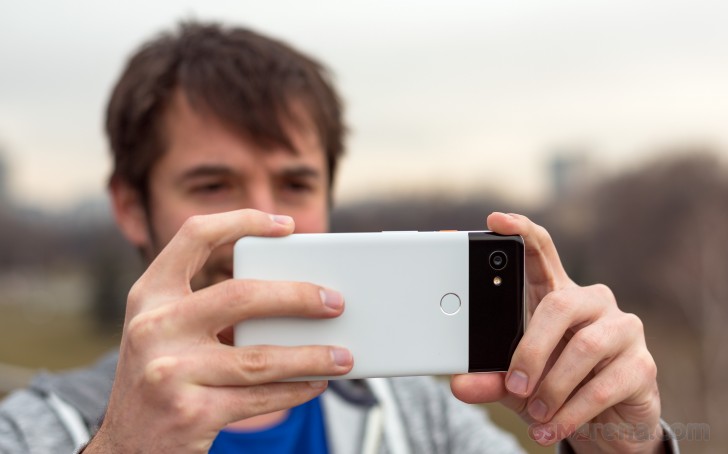
The costs of changing smartphones can be reduced to a minimum. Let's say your contacts are protected and easily transferred thanks to Google, as well as mail and calendar. Your photos will not be lost because you have a Google Photos backup. Passwords are stored in Last Pass, files are stored in Drive and Dropbox, notes are stored in Google Keep, and music is stored in Spotify. Only Viber and the messenger Facebook remain. All of the above is available across all platforms and all ecosystems.
And in this case, it will take you half an hour to set up a new smartphone – after which everything is ready, and you can do all sorts of pleasant things like ordering covers and accessories and fiddling with a new toy.
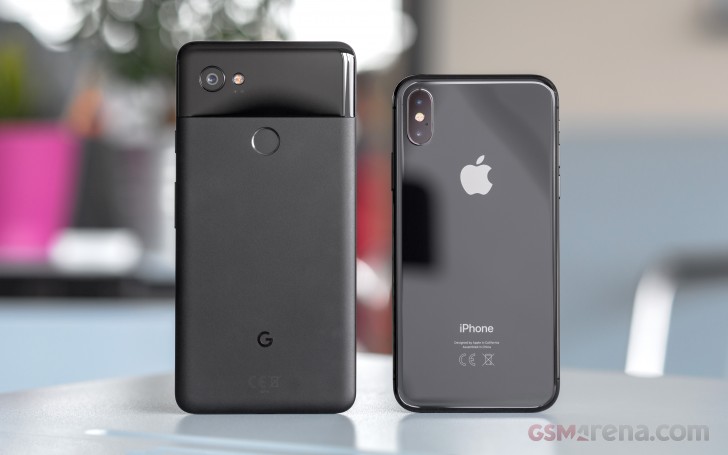
Nowadays, software has reached a stage of development where it works more or less the same on different platforms. Not equally good, of course, when it comes to fluidity, user-friendliness, and thoughtfulness. But, one way or another, the software does the same regardless of whether you are using Samsung, iOS, clean Android, or a device on MIUI.
In turn, the hardware characteristics of devices are now more diverse than ever. Some flagships have screens OLED, some have a rear fingerprint scanner, some do not have this scanner at all, a number of devices have two (or more) cameras, and some there is no such abundance.
There are several conditions that may become indispensable when buying a new smartphone: for example, you need a great screen, a cool camera, long battery life, stereo speakers … But will there be software on this list?
You want the very best camera – you buy the Pixel 2 XL. The camera is really great here. You look at the photo from her and constantly think: 'What did I do?', And it doesn't matter where and what to shoot. When you take portraits of it, it doesn't matter whether it is on the main or front camera, people gasp in delight.
But if you want the best screen ever, you're going to upgrade to the Galaxy Note8. Do you think that you are abandoning the clean Android 8.1 Oreo? Or, for example, you just need the longest-lived flagship, and for the battery Huawei of the Mate 10 Pro, you will customize EMUI. What if the A11 chipset in iPhone X haunts you? Not as scary iOS as she is painted, they have Spotify, right?
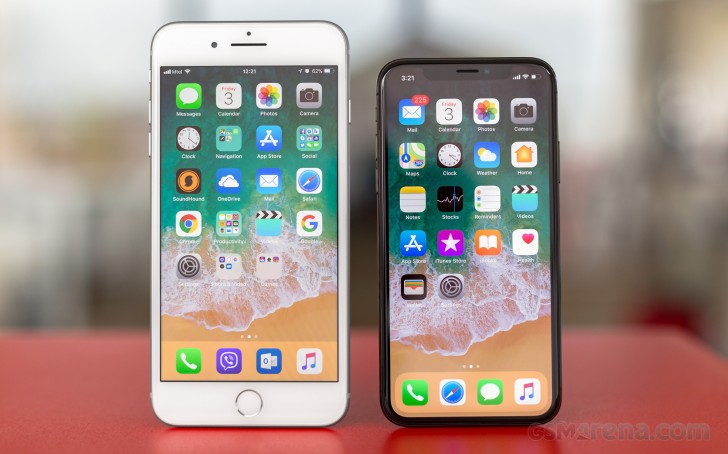
Software is flexible, and ecosystems are flexible. And 'iron' is something physical and stable. If you are not satisfied with the messenger, there are countless alternatives. If you don't like how Android looks like, you can make it look like EMUI, like MIUI, like iOS or 'vanilla' Android. If you don't like the music player, you have many options to choose from.
Yes, commitment to the ecosystem can actually improve the user experience. But it is possible that the user is equally comfortable on different options Android and on iOS. And yes, flawless ecosystems, as discussed in the previous section, do not exist, just as there is no flawless 'hardware'. But changing the apparatus is more difficult than changing the program.
Ultimately it all comes down to commitment iOS or Android as these are real ecosystems. Your experience will be consistent whether you're using Android on a Pixel 2 or a Galaxy Note8. Ditto from iOS to iPhone 8 Plus or iPhone X. In the case of the same set of services, the difference will be minimal.
What is more important for you, dear readers? When choosing a device, what do you think about first of all, about the hardware characteristics or about how to keep the ability to stay within the familiar ecosystem?
